Michael Portillo explores the possibilities for peace & protest during the Great War. The war that engulfed the world in the summer of 1914 laid bare the failure of European politicians to negotiate their way out of crisis. They weren't the only ones who failed. Pacifism & peace making had been a passionate liberal cause at the dawn of the new century. The growing power of the international labour movement had contained the threat to refuse to bear arms for a capitalist war. But the war had swept all before it. Who now would try and seek any way out of this conflict and at what cost?
2 Comments
I've been putting my head back into our upcoming German trip, after an exciting couple of days for us both - I'm delivering some work for the wonderful Freedom Studios around the Magna Carta, and also for the fantastic Peace Museum UK in Bradford, on the Choices project, and Mick is doing some top secret TV writing (more on all of those things to follow I'm sure).
So, Kiel. Mutiny. The Beginning of the End (of the war). 1918 | 2018. Is is possible to perform on water? I am being speculative, contacting people in Germany who might spend some time with us to explore the possibility of a creative exchange project which explores the parallel stories of the Huddersfield Conscientious Objectors and those who resisted the war in Kiel, Germany. I have a notion, in my mind, of performing afloat on the water, telling the fantastic stories of these ordinary people whose will and determination shaped the future of their community. I will keep you posted. Our good friend Ingrid is at The Hague this weekend at the amazing WILPF 2015 Conference, where hundreds of women peacemakers from all over the world will come together to establish a new peace agenda for the 21st century. '100 years after over 1300 of WILPF’s founding women first came together in The Hague in protest of World War I, we still live in a world where women’s voices and experiences are excluded, bringing continued violence and war. We know now what we knew then, that only when we analyse conflict from a gender perspective, integrating disarmament, human rights, the environment, social justice, and the women, peace and security agenda holistically will we be able to eradicate the root causes of conflict.' Many of the amazing women we research for England, Arise! would have been very aware of the first conference, where women from across the globe took personal risks to travel to the Hague during an war in the name of peace.
I hope Ingrid has an amazing time, that she meets some inspiring and fantastic women of our world, and that we can all benefit from this present day Call to (dis)Arms from our sisters.
Follow Dr I.E.Sharp on twitter @IngridESharp
Well, Golem was just wonderful. Visually spectacular, amazing music, an enchanting story, acting as tight as a pack of cards, gags, punk, poetry, what else could you want from a show? It's so exciting to see things that make you want to go and do brilliant things. Well done to the gang.
It's coming to the new Home in Manchester in October and I will be taking anyone I can to see it. http://homemcr.org/production/golem/ It was also fantastic to have a chat to Jo Crowley, the company's amazing producer, who has worked tirelessly with the company over the past however many years to develop the show to this stage. Thanks Jo! J! Me and Mick are up with the larks and readying ourselves for an exciting excursion to the South. We've been given some tickets to see the wonderful Golem from our friend Ben who has been the dramaturg for the show.
We're also going to see some other friends along the way. The sun is shining and the train is calling. Thoughts on the show to follow. J! Every now and again a story stands up and hits you in the face with its combination of truth, power and humanity, its drama.
The largely unknown story of Arthur Gardiner, a dyers labourer from Huddersfield, who refused to fight in the First World War on account of his political beliefs, is such a one. 100 years later Arthur’s story speaks to us on numerous levels, and the similarities with our own time are abundant. On the one hand we have a good old fashioned David and Goliath tale of the little guy from Huddersfield who the Establishment could not beat. But the closer we looked at it, the more we saw a much broader and more nuanced narrative. These radical Socialist CO’s were not operating in isolation. They were linked to and part of a much wider consciousness, that crossed class boundaries, that was seeking to change, to revolutionize the world around it in a whole host of different ways. Foremost in this must be the women’s suffrage movement. There was an amazing array of northern women from all backgrounds, campaigning tirelessly. Arthur and his good friend Percy Ellis were not just supported by the women, but also inspired by them. By 1914 women had been imprisoned and gone on hunger strike. The cat and mouse act had seen them being chased and harassed as fugitives, prepared to create havoc, and risk their own lives for the principle they believed in. The benchmark was set, the challenge was thrown down. But were the men up to it? At the same time as this, the revolutionary movements in the world of Art and Literature, the Dadists, Expressionists et al, serve to underline the sense that fundamental change is on the way. A new and deeper way of understanding the world around is taking root. Revolution is in the air, the old order is no longer sustainable, at the start of a new century, one of mechanized industry and technological advances seemingly unthinkable only a few years before. A new dawn is on the horizon. It is in this world, where these young men and women believe change is not just possible but inevitable, that Arthur and Percy confront the Military Tribunals and make their stance against conscription and militarism. They did so with such conviction because they knew they were not alone. A picture of our forebears 100 years ago began to emerge that contradicts the received wisdom of mass support for the war. Arthur and Percy were part of a much wider protest movement than conventional history tells us. The story of the anti war movement has been airbrushed out of the narrative, it is one we are more than happy to play our part in placing it back with the prominence it deserves. We have sought to capture the passion and intensity of these young people. The real urgency of the moment, of the revolutionary times they lived in, but also a sense of their hope, humour and optimism for a better tomorrow, in spite of everything. They wanted to change the world and believed that they could. Perhaps we see a re-emergence of this optimism through the grass roots movements that are emerging today such as the Occupy and Transition, fuelled by a desire to shift the status quo and redress inequalities which are starkly similar to those faced by our heroes. We hope so. And we hope our shared radical history will act as a source of inspiration well into our future. Mick Martin & Jude Wright |
JudeHere are a few musings as we stroll down the road.... Archives
July 2021
Categories |

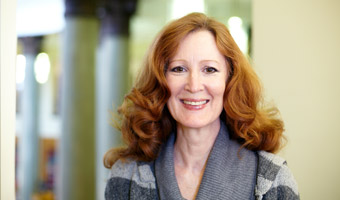
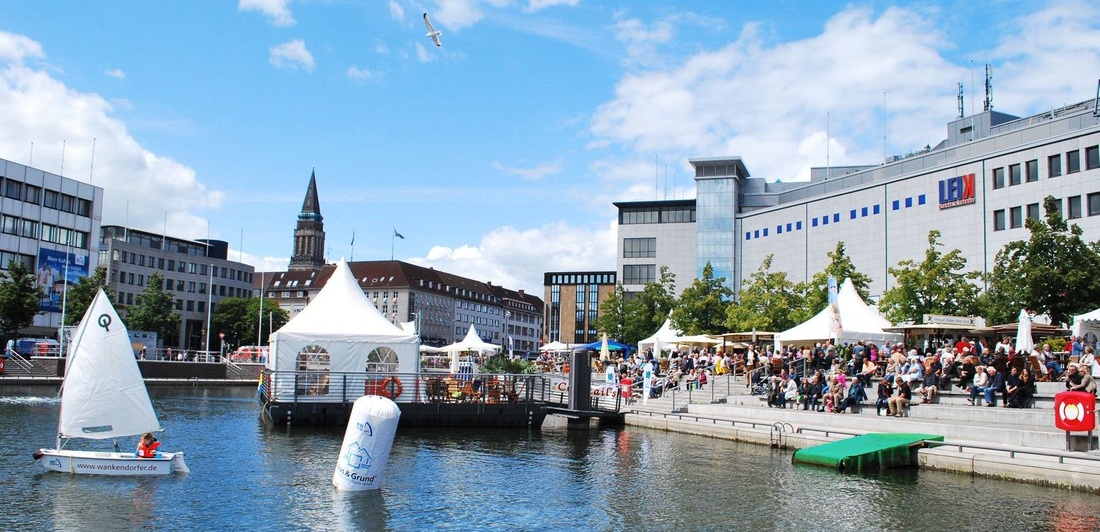
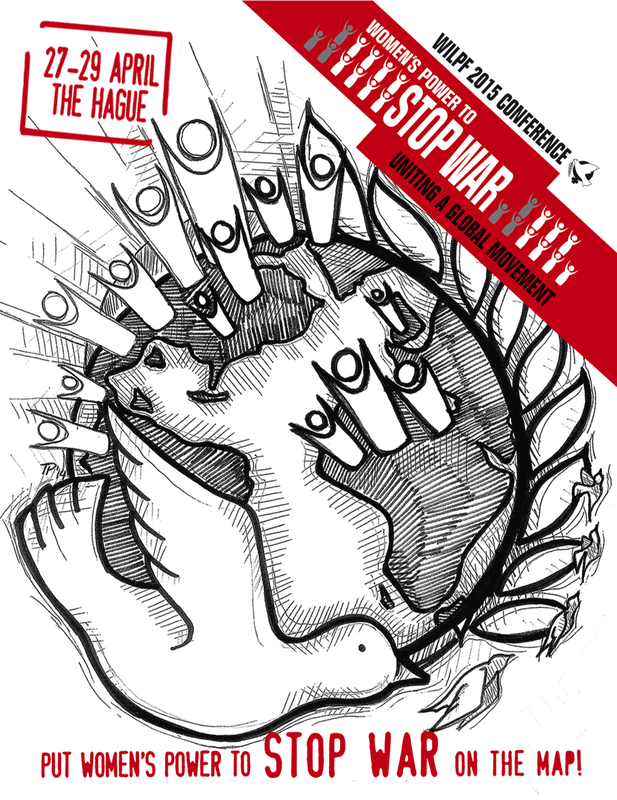
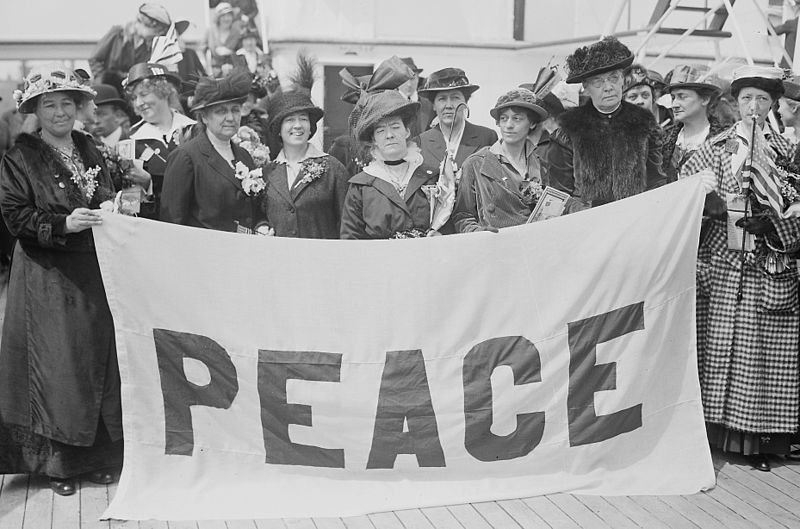
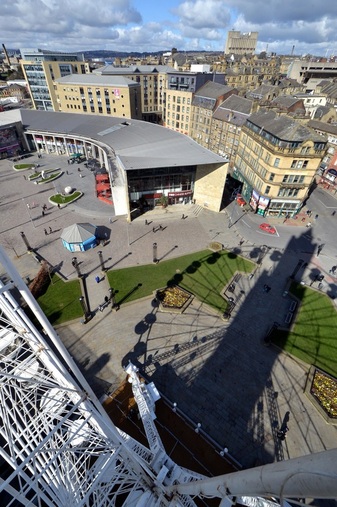
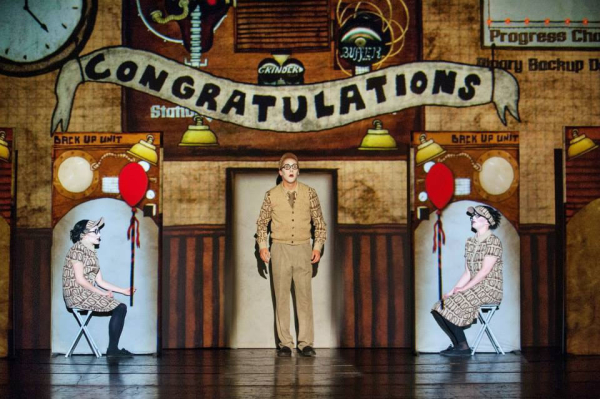
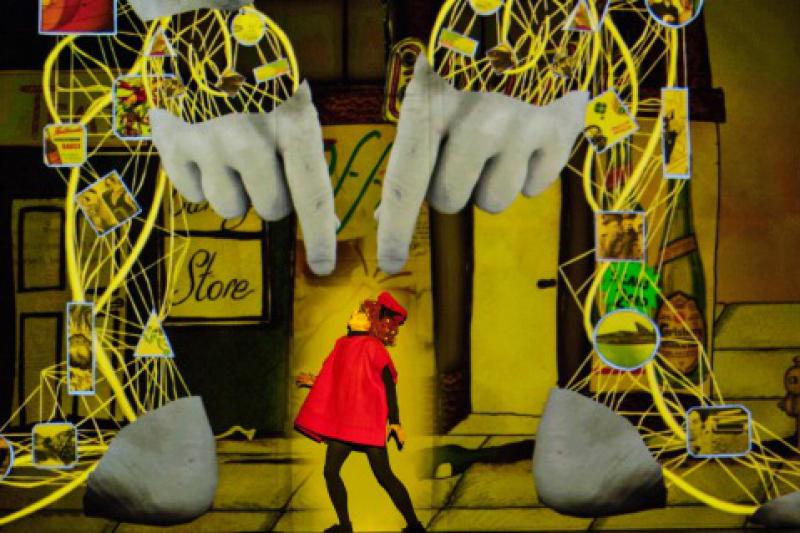
 RSS Feed
RSS Feed
